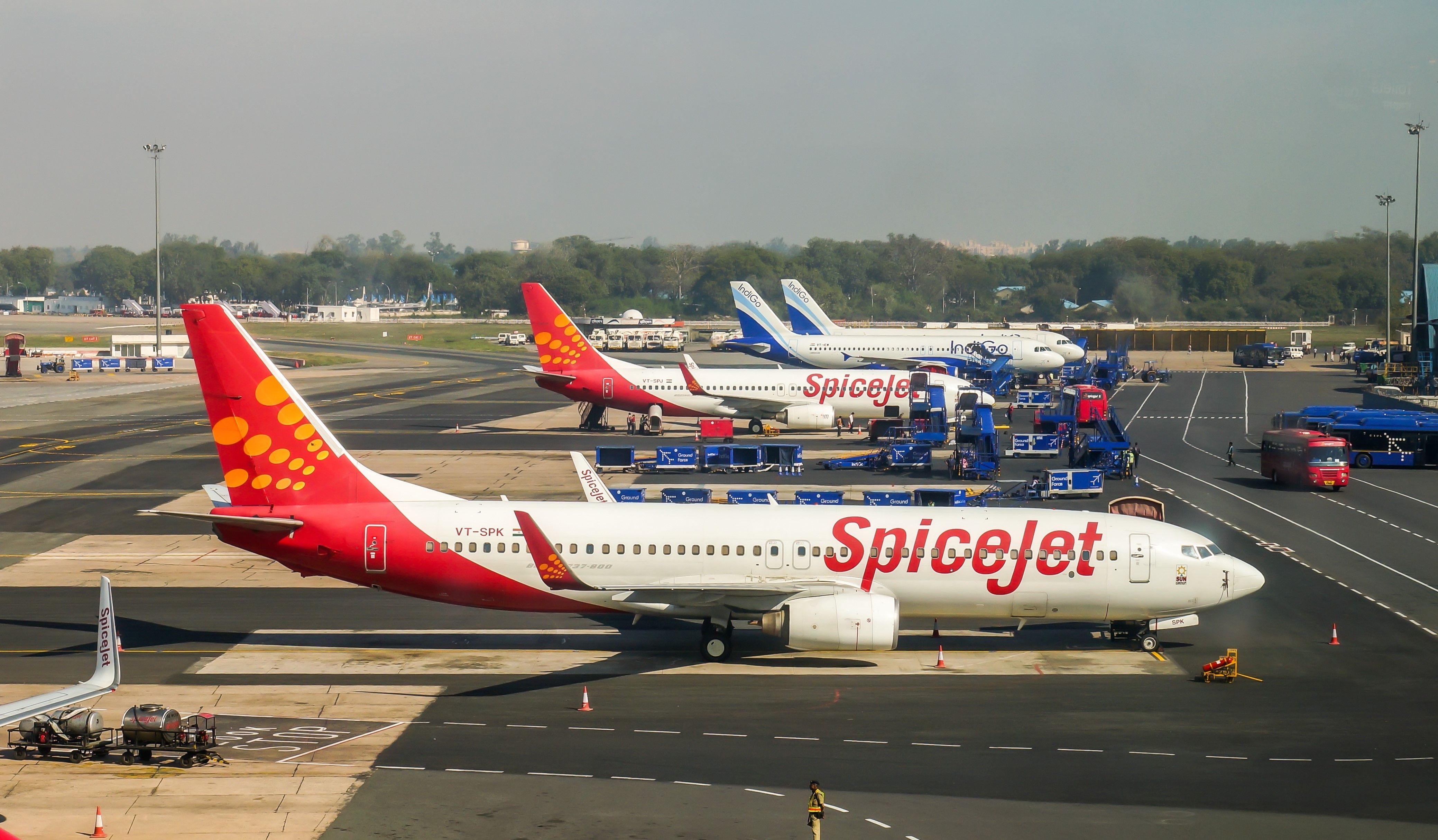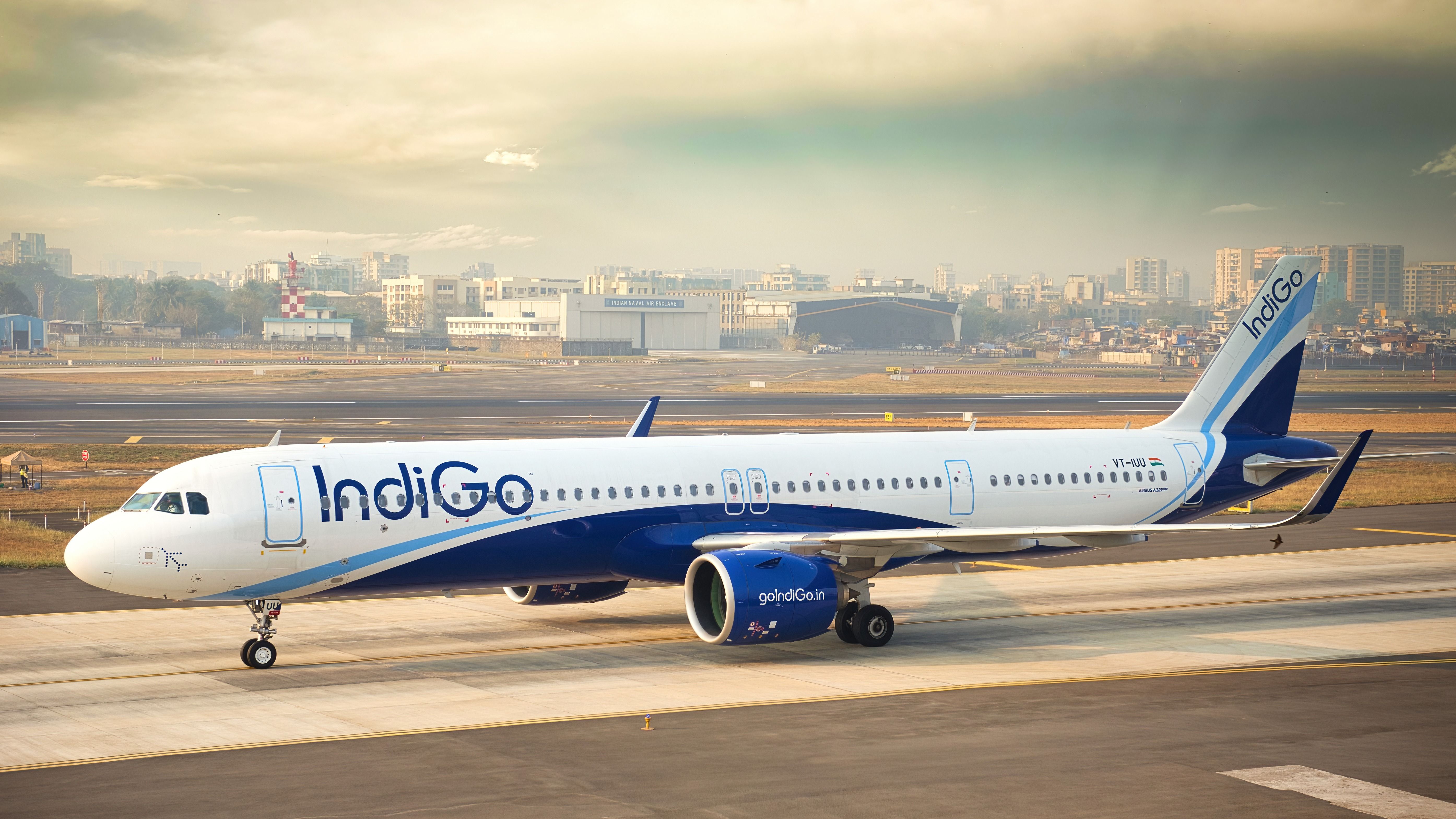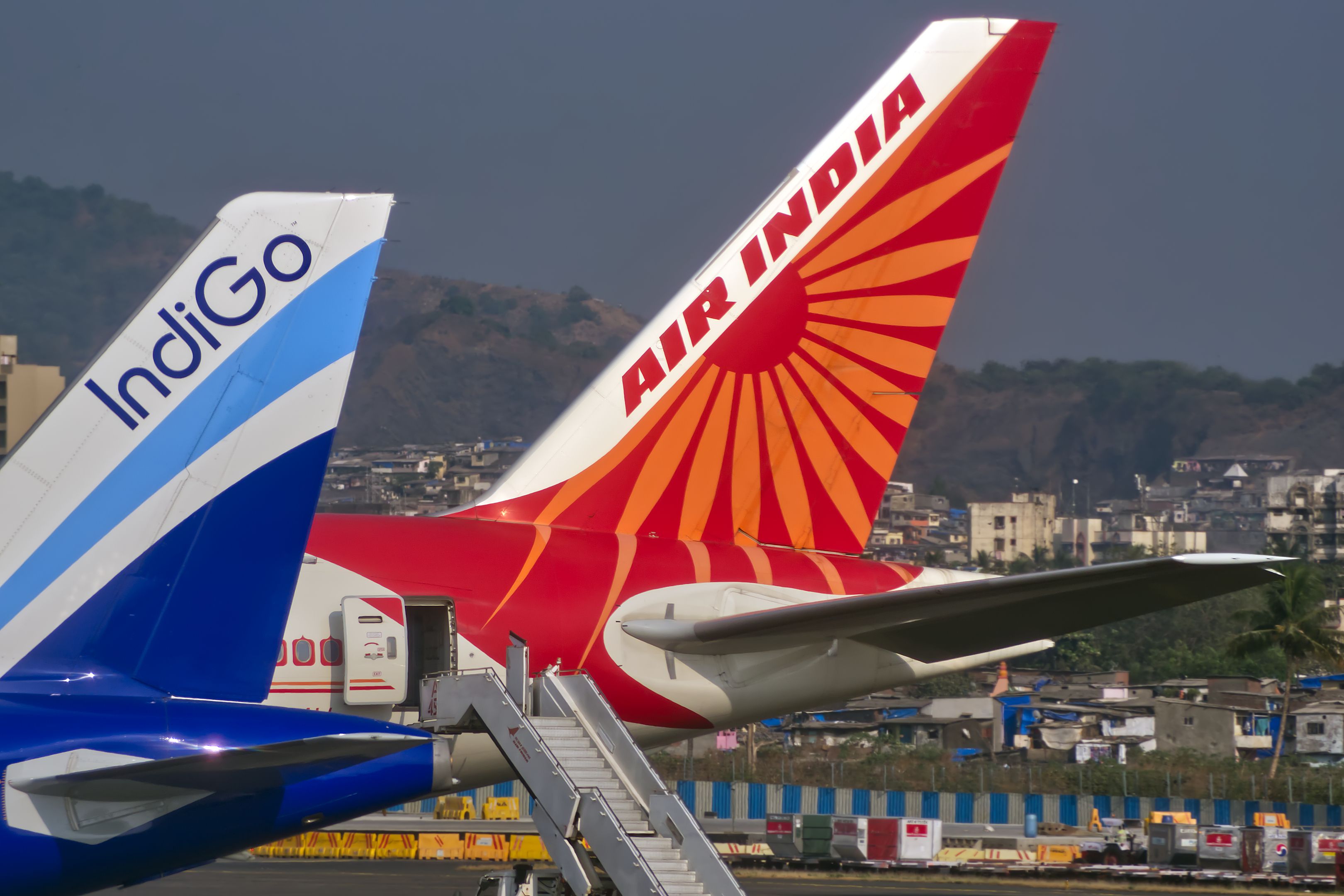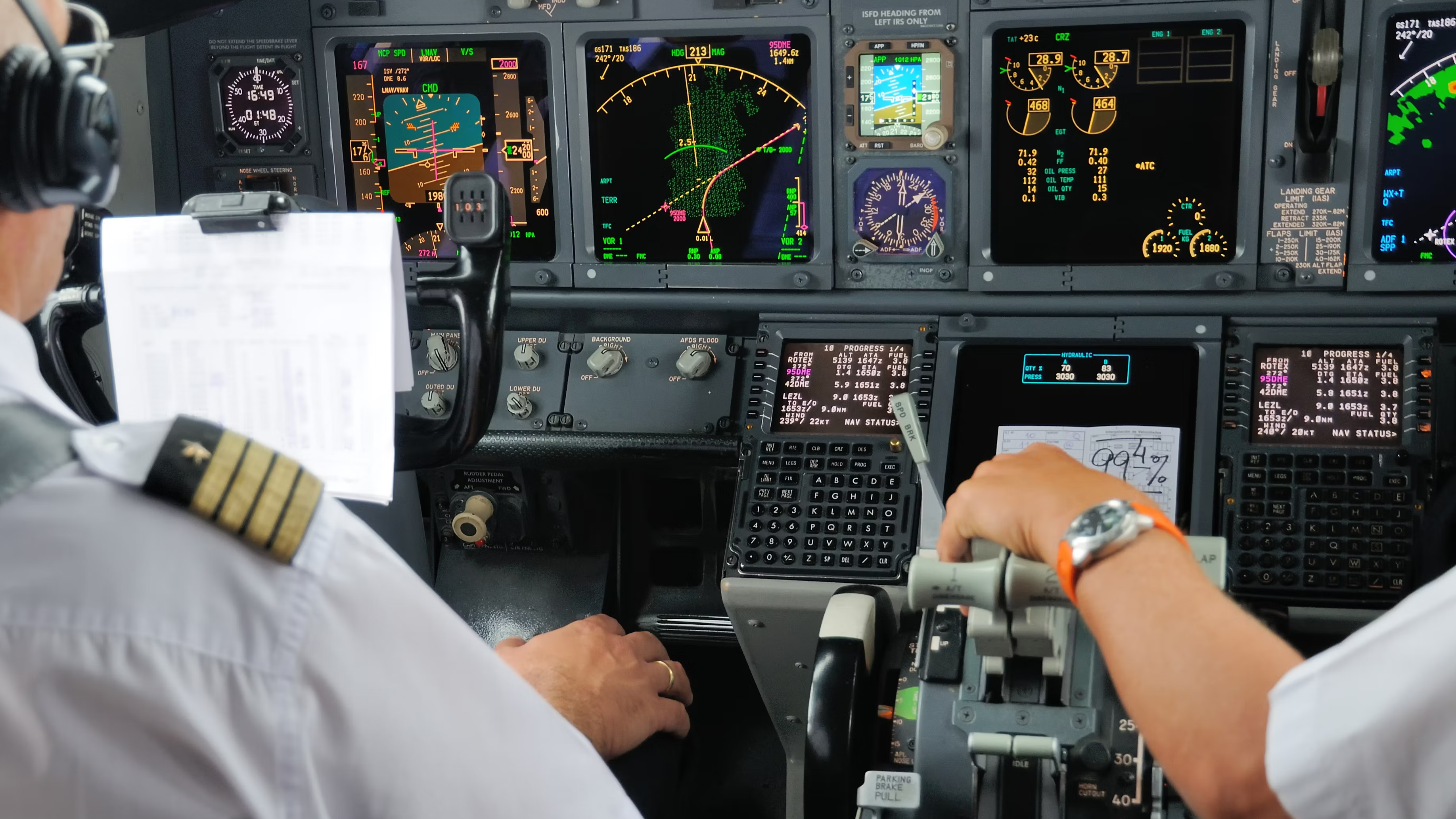PUBLISHED 14 HOURS AGO
The previous deadline was June 1, which raised concerns with Indian carriers.

Indian airlines can continue using existing pilot duty rules, as DGCA delays the implementation of new regulations.
Proposed changes would have required hiring more pilots or having reduced flights during the summer.
The Indian aviation watchdog had proposed an increased rest period and reduced pilot duty time to address concerns about pilot fatigue.
In a massive relief to Indian airlines, the country’s aviation regulator has delayed the implementation of new flight duty timings for pilots. The issue around pilot fatigue made the authorities revise the number of hours a pilot could fly in India and their rest timings. However, airlines had been worried about meeting the June deadline to implement these changes and were even staring at a reduced summer schedule.
Airlines to continue with existing flight duty rules
India’s aviation regulator, the Directorate General of Civil Aviation (DGCA), has agreed to airlines’ demand to defer the new Flight Duty Time Limitation (FDTL) rules. Indian carriers were initially given until June 1 to implement the revised guidelines - however, given the changes suggested by the regulator under the new rules, airlines would have had to hire many new pilots within a short span of time – a nearly impossible task – or risk cutting flights from the summer schedule.

Photo: WeChitra | Shutterstock
Last month, the Federation of Indian Airlines (FIA), comprising IndiGo, Air India, and SpiceJet, communicated with the DGCA and sought postponement of the new rules by a year. The aviation watchdog finally yielded and has allowed the carriers to continue with the existing regulations for now.
What was proposed by the DGCA?
To keep pilots from experiencing fatigue, the DGCA recently made some significant revisions to their Flight Duty Time Limitations and asked airlines to follow them by June 1.

Photo: Anand Balaji | Shutterstock
It suggested a mandatory weekly rest period for pilots to increase to 48 hours from the current 36 and rewrote the definition of the night period, extending it by an hour from 12 am-5 am to 12 am-6 am. The DGCA also reduced the duty period of pilots to 10 hours and capped the number of landings a pilot could do to two.
Naturally, this did not go down well with Indian airlines, which were looking to increase flight operations during the summer months. They argued that the new rules would require around 25% more pilots, which was difficult to have by June. They also warned that it would result in cutting capacity by around 15-20%.
Pilot fatigue
The DGCA has become more vigilant amid larger conversations regarding pilot fatigue. Last year, pilot fatalities, including two Indian pilots, brought the focus back on grueling pilot schedules and the fatigue that comes with them.

Photo: Luciano de la Rosa | Shutterstock
On August 17, 2023, a 40-year-old IndiGo captain collapsed at Nagpur Airport, right at the boarding gate, just minutes before his scheduled flight to Pune. He was in seemingly good health and had a 27-hour break before duty, according to IndiGo, but died due to cardiac arrest.
Recently, Air India was fined $95,000 for crew rest violations, including inadequate rest before and after long-haul flights. This was done after an audit by the DGCA, in which several violations were found.
The previous deadline was June 1, which raised concerns with Indian carriers.

Photo: Media_works | Shutterstock
SUMMARY
SUMMARY
Indian airlines can continue using existing pilot duty rules, as DGCA delays the implementation of new regulations.
Proposed changes would have required hiring more pilots or having reduced flights during the summer.
The Indian aviation watchdog had proposed an increased rest period and reduced pilot duty time to address concerns about pilot fatigue.
In a massive relief to Indian airlines, the country’s aviation regulator has delayed the implementation of new flight duty timings for pilots. The issue around pilot fatigue made the authorities revise the number of hours a pilot could fly in India and their rest timings. However, airlines had been worried about meeting the June deadline to implement these changes and were even staring at a reduced summer schedule.
Airlines to continue with existing flight duty rules
India’s aviation regulator, the Directorate General of Civil Aviation (DGCA), has agreed to airlines’ demand to defer the new Flight Duty Time Limitation (FDTL) rules. Indian carriers were initially given until June 1 to implement the revised guidelines - however, given the changes suggested by the regulator under the new rules, airlines would have had to hire many new pilots within a short span of time – a nearly impossible task – or risk cutting flights from the summer schedule.

Photo: WeChitra | Shutterstock
Last month, the Federation of Indian Airlines (FIA), comprising IndiGo, Air India, and SpiceJet, communicated with the DGCA and sought postponement of the new rules by a year. The aviation watchdog finally yielded and has allowed the carriers to continue with the existing regulations for now.
What was proposed by the DGCA?
To keep pilots from experiencing fatigue, the DGCA recently made some significant revisions to their Flight Duty Time Limitations and asked airlines to follow them by June 1.

Photo: Anand Balaji | Shutterstock
It suggested a mandatory weekly rest period for pilots to increase to 48 hours from the current 36 and rewrote the definition of the night period, extending it by an hour from 12 am-5 am to 12 am-6 am. The DGCA also reduced the duty period of pilots to 10 hours and capped the number of landings a pilot could do to two.
Naturally, this did not go down well with Indian airlines, which were looking to increase flight operations during the summer months. They argued that the new rules would require around 25% more pilots, which was difficult to have by June. They also warned that it would result in cutting capacity by around 15-20%.
Pilot fatigue
The DGCA has become more vigilant amid larger conversations regarding pilot fatigue. Last year, pilot fatalities, including two Indian pilots, brought the focus back on grueling pilot schedules and the fatigue that comes with them.

Photo: Luciano de la Rosa | Shutterstock
On August 17, 2023, a 40-year-old IndiGo captain collapsed at Nagpur Airport, right at the boarding gate, just minutes before his scheduled flight to Pune. He was in seemingly good health and had a 27-hour break before duty, according to IndiGo, but died due to cardiac arrest.
Recently, Air India was fined $95,000 for crew rest violations, including inadequate rest before and after long-haul flights. This was done after an audit by the DGCA, in which several violations were found.
No comments:
Post a Comment